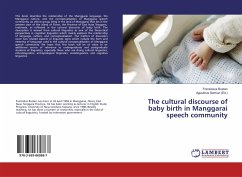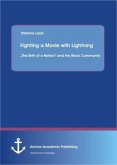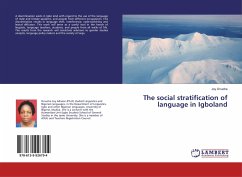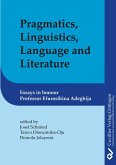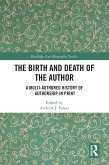This book describes the relationship of the Manggarai language, the Manggarai culture, and the conceptualisation of Manggarai speech community, an ethnic group living in the land of Manggarai that lies in the western part of the island of Flores, the Province of East Nusa Tenggara, Indonesia, as reflected in the cultural discourse of baby birth. The description is viewed from cultural linguistics as one of the theoretical perspectives in cognitive linguistics which mainly explores the relationship of language, culture, and conceptualisation. The matters of discussion cover two related aspects of linguistic signs which include the form and meaning of language used in the cultural conceptualisation of Manggarai speech community. We hope that this book will be of value as an additional source of reference to undergraduate and postgraduate students of linguistics, especially those who are doing cultural linguistics, ethnolinguistics, antropological linguistics, sociolinguistics, and cognitive linguistics.
Bitte wählen Sie Ihr Anliegen aus.
Rechnungen
Retourenschein anfordern
Bestellstatus
Storno

